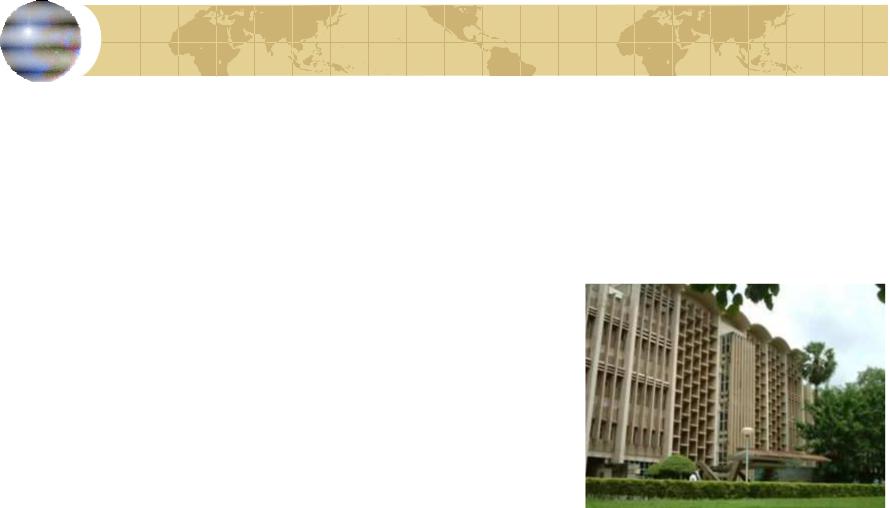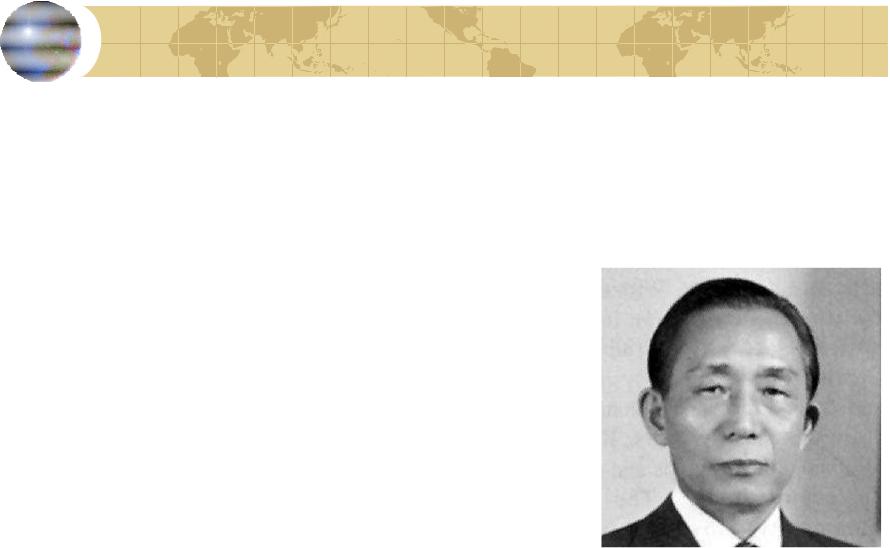
aib
.pdf
Cross-cultural Issues in
Business Ethics
John Hooker
Carnegie Mellon University
June 2007

Outline of the argument


 A new economic order.
A new economic order.

 Based on cultural comparative advantage.
Based on cultural comparative advantage.


 Implications for business ethics.
Implications for business ethics.

 Acknowledge and understand differences in cultural norms.
Acknowledge and understand differences in cultural norms.

 Rather than universalize ethics along Western lines.
Rather than universalize ethics along Western lines.


 Example: corruption.
Example: corruption.

 Activity that undermines a cultural system.
Activity that undermines a cultural system.

A new economic order


 Movement toward a multi-polar equilibrium.
Movement toward a multi-polar equilibrium.

A new economic order


 Based on comparative cultural advantage.
Based on comparative cultural advantage.

 Much more than “outsourcing.”
Much more than “outsourcing.”

 Many countries have cheap labor.
Many countries have cheap labor.

 Only a few have become economic powerhouses.
Only a few have become economic powerhouses.


 Such as…
Such as…

 Japanese quality.
Japanese quality.

 Korean manufacturing.
Korean manufacturing.

 Indian information technology.
Indian information technology.

 Chinese entrepreneurship.
Chinese entrepreneurship. 
 Western technological innovation.
Western technological innovation.

A new economic order


 Japanese quality
Japanese quality

 Continuous improvement.
Continuous improvement.
•Group-oriented, rather than requiring individual reward.
•Long time horizon.
•No need for cause-and-effect manipulation.
•Maintain group harmony by honoring everyone’s ideas.
•Nemawashi.
Hanko stamp
Traditionally a part of nemawashi

A new economic order

 Superior operations management
Superior operations management
•Just-in-time inventory management
•Kanban systems minimize rework, maximize flexibility.
•Lean manufacturing, reduced setup times.

 Outgrowth of keiretsu (formerly zaibatsu).
Outgrowth of keiretsu (formerly zaibatsu).
• |
Old-boy networks, trust |
Toyota factory in Japan |
|
relationships. |
|
• |
Keidanren. |
|

A new economic order


 Indian IT
Indian IT

 Pantheism vs. secularism
Pantheism vs. secularism
•No need to maintain & manipulate nature.
•Other coping mechanisms

 Inner discipline
Inner discipline
•Get control of one’s mind rather than the environment.
•Modern form: intellectual discipline,
academic competition. |
IIT Mumbai |
|

A new economic order

 Networking.
Networking.
•Efficient way to absorb technical knowledge.

 A verbal culture.
A verbal culture.
•Well suited to academic discourse, information age.

 Case study: software development
Case study: software development
•No need for the technology, but well suited to create it.
•Create an orderly world of the mind, rather than an orderly world externally.

 Indians see themselves as Westernizing
Indians see themselves as Westernizing
•There is a common reliance on rationality.
•But Indians are leveraging their own cultural traits.

A new economic order


 Korean Manufacturing
Korean Manufacturing

 Initially an imitation of Japanese zaibatsu.
Initially an imitation of Japanese zaibatsu.
•High power distance culture allowed Park Chung Hee to create the chaebol.

 Cozy relationship between leading industrial families and the government
Cozy relationship between leading industrial families and the government
• Allowed Korea to build major private |
|
corporations in a relationship-based |
Park Chung Hee |
culture. |
Korean dictator 1961-79 |

A new economic order

 Loyalty to the boss.
Loyalty to the boss.
• Paternal relationship.

 Highly disciplined, hierarchical groups.
Highly disciplined, hierarchical groups.
• Organized by age.

 Highly competitive, masculine culture.
Highly competitive, masculine culture.
• Strong national solidarity.

 Focus on loyalty to boss.
Focus on loyalty to boss.
•Bottom line and short-term profitability are secondary.
Korean chaebol
